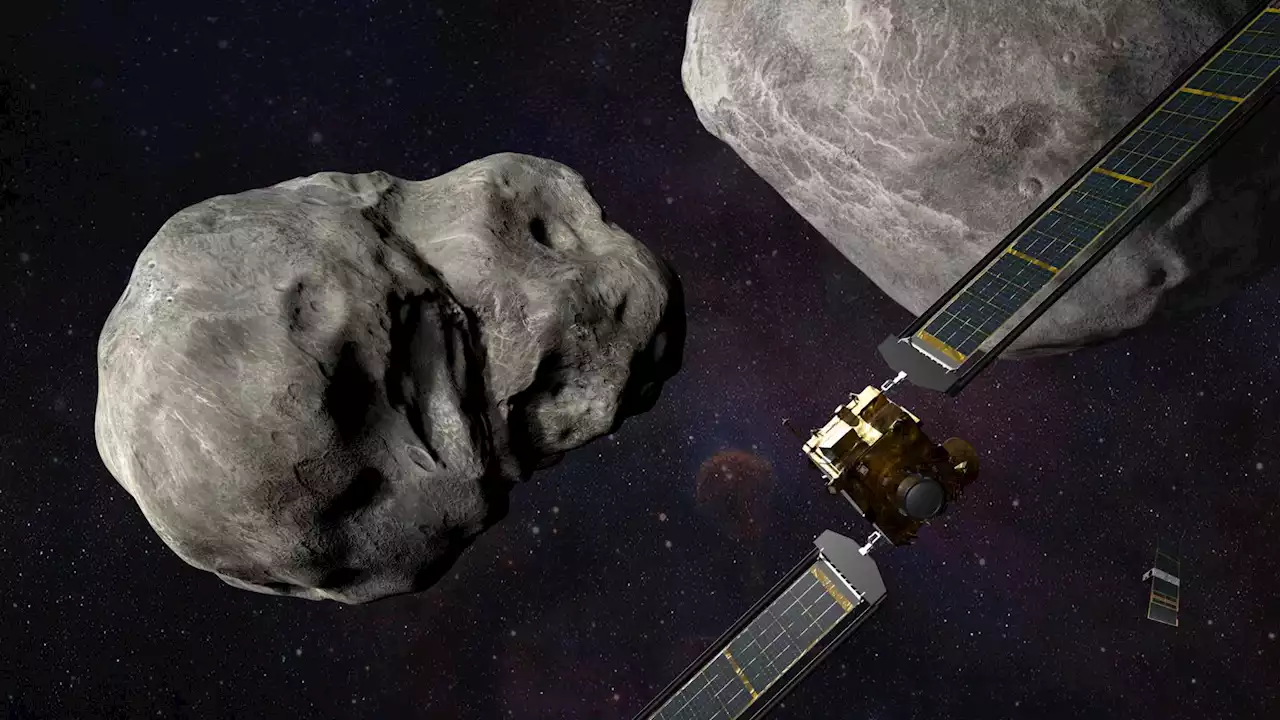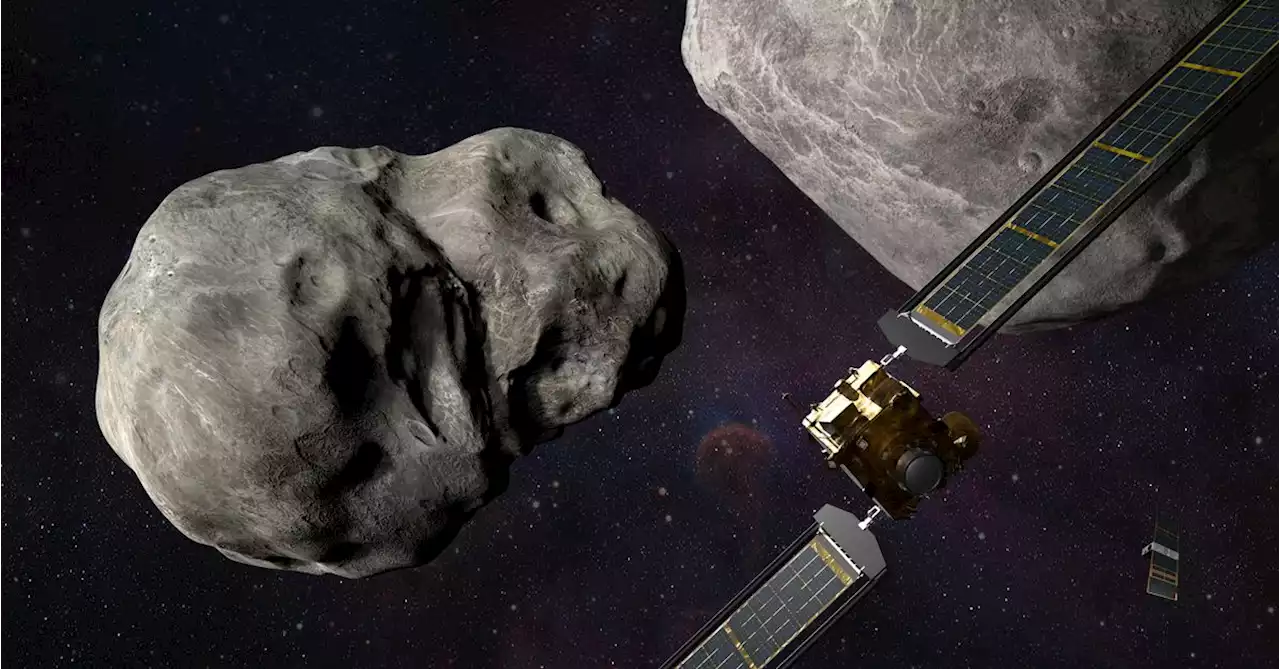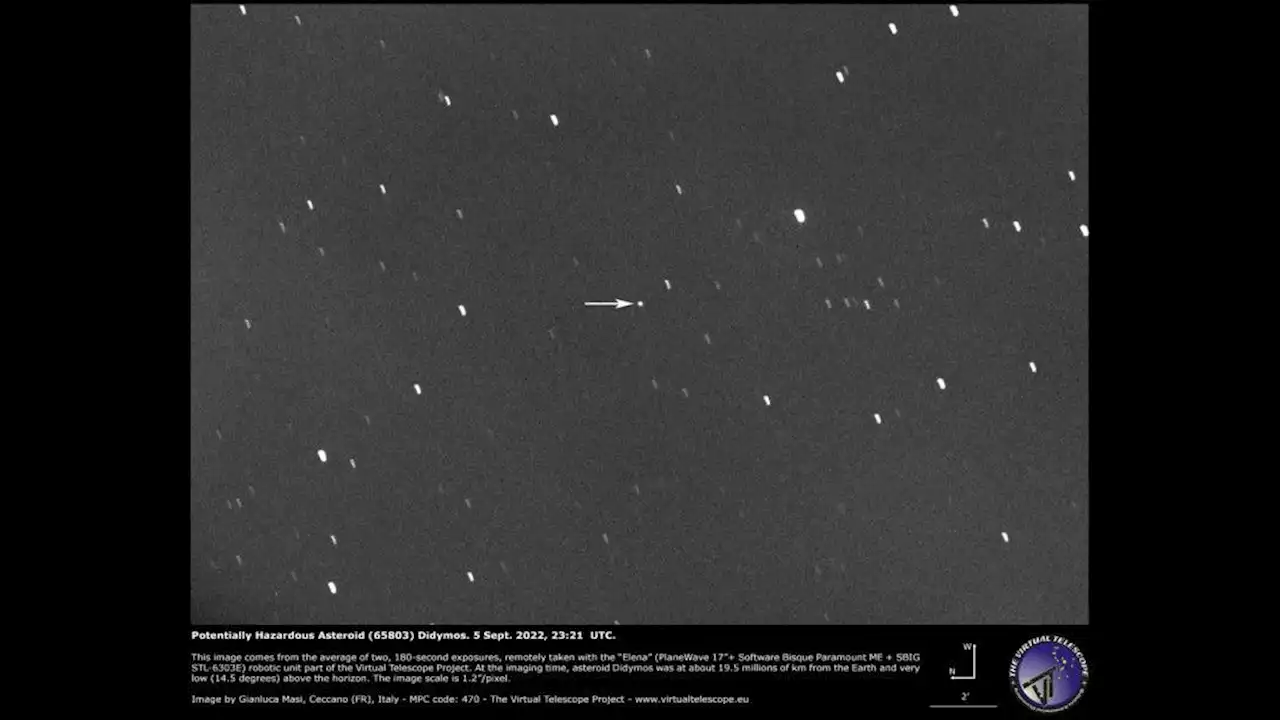NASA said that it will decide Monday morning on whether to move Orion off the launching pad, a move that would place a significant delay on its launch.
Over the weekend, NASA said it has called off Tuesday’s planned launch of the Artemis I mission and its Orion spacecraft as Hurricane Ian approaches Florida.
Although Hurricane Ian is not expected to come ashore until Thursday, the hurricane’s outer bands might have created adverse conditions for the spacecraft. NASA said it would decide on Monday morning whether to move Orion off the launching pad, a move that would place a significant delay on its launch. If NASA keeps the spacecraft on the launching pad, it has another potential launch window on Oct. 2.
The Artemis I mission has been delayed multiple times since officials first tried to launch it Aug. 29. The spacecraft most recently had issues with a hydrogen leak that required NASA to reseal a tank. After performing bleed tests on the tank last week, NASA planned on moving forward with Tuesday’s launch before Hurricane Ian’s development.
The next Artemis mission isn't scheduled until 2024. While Artemis I will be unmanned, Artemis II will send four astronauts on a flyby of the moon. Artemis III is expected to include a crewed mission to the moon's surface.
United States Latest News, United States Headlines
Similar News:You can also read news stories similar to this one that we have collected from other news sources.
 NASA spacecraft will slam into an asteroid Monday — if all goes rightIf everything goes as planned, and the laws of gravity and motion don’t change at the last minute, the asteroid collision will happen on Monday at exactly 7:14:23 EST.
NASA spacecraft will slam into an asteroid Monday — if all goes rightIf everything goes as planned, and the laws of gravity and motion don’t change at the last minute, the asteroid collision will happen on Monday at exactly 7:14:23 EST.
Read more »
 NASA spacecraft to collide with asteroid Monday to test Earth's defensesIt may sound like the plot of a Hollywood movie, but NASA will intentionally crash into an asteroid on Monday to test its ability to save Earth from a hypothetical future disaster.
NASA spacecraft to collide with asteroid Monday to test Earth's defensesIt may sound like the plot of a Hollywood movie, but NASA will intentionally crash into an asteroid on Monday to test its ability to save Earth from a hypothetical future disaster.
Read more »
 NASA to Crash Satellite Into Asteroid on MondayAs it turns out, Armageddon may have been right. Officials with NASA are taking a page from the [...]
NASA to Crash Satellite Into Asteroid on MondayAs it turns out, Armageddon may have been right. Officials with NASA are taking a page from the [...]
Read more »
 How to watch NASA crash a spacecraft into an asteroid on MondayTune in to DART’s asteroid collision test on September 26th
How to watch NASA crash a spacecraft into an asteroid on MondayTune in to DART’s asteroid collision test on September 26th
Read more »
 NASA will crash a spacecraft into an asteroid on Monday and you can watch it through telescopes onlineSpace.com contributing writer Stefanie Waldek is a self-taught space nerd and aviation geek who is passionate about all things spaceflight and astronomy. With a background in travel and design journalism, as well as a Bachelor of Arts degree from New York University, she specializes in the budding space tourism industry and Earth-based astrotourism. In her free time, you can find her watching rocket launches or looking up at the stars, wondering what is out there. Learn more about her work at www.stefaniewaldek.com.
NASA will crash a spacecraft into an asteroid on Monday and you can watch it through telescopes onlineSpace.com contributing writer Stefanie Waldek is a self-taught space nerd and aviation geek who is passionate about all things spaceflight and astronomy. With a background in travel and design journalism, as well as a Bachelor of Arts degree from New York University, she specializes in the budding space tourism industry and Earth-based astrotourism. In her free time, you can find her watching rocket launches or looking up at the stars, wondering what is out there. Learn more about her work at www.stefaniewaldek.com.
Read more »
 A NASA Spacecraft Will Collide With an Asteroid on Monday. Watch Live HereOn September 26 at 11.15 pm UTC, NASA's DART mission (Double Asteroid Redirection Test) will be the first to deliberately and measurably change the motion of a significant body in our Solar System.
A NASA Spacecraft Will Collide With an Asteroid on Monday. Watch Live HereOn September 26 at 11.15 pm UTC, NASA's DART mission (Double Asteroid Redirection Test) will be the first to deliberately and measurably change the motion of a significant body in our Solar System.
Read more »
